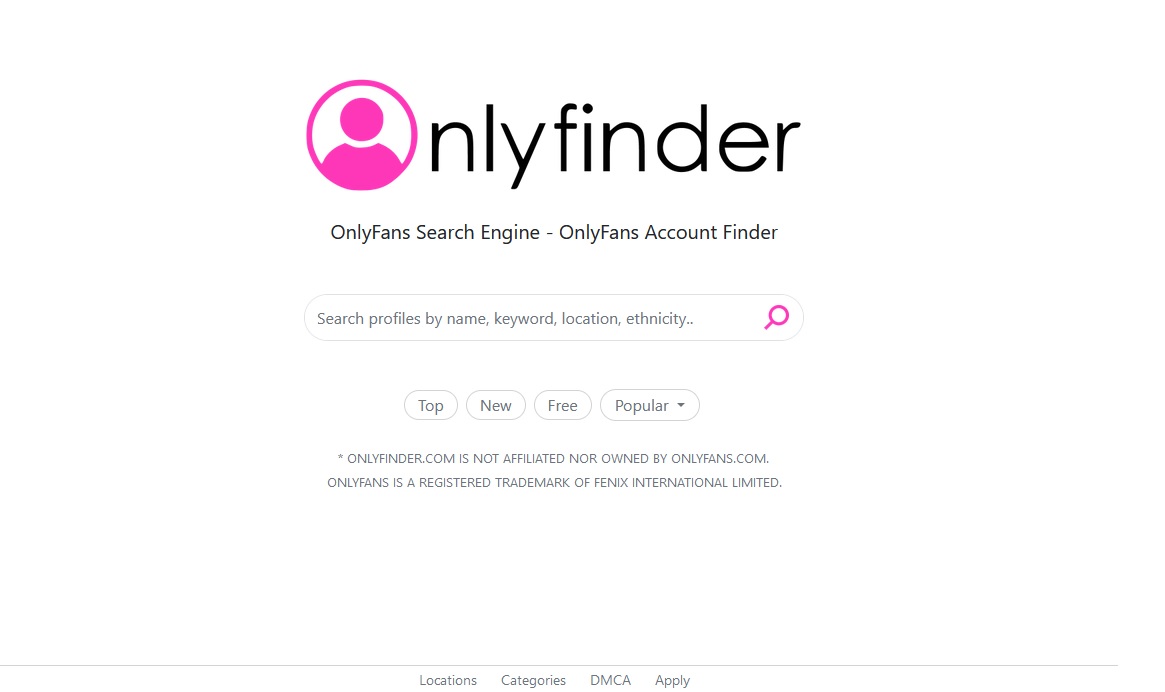Blockchain and system of smart contracts in healthcare, medicine and pharmaceuticals can be used in various areas: to manage patient data, to combat counterfeit, drug supply chains, to control the distribution of donor organs, conduct clinical and biomedical research, remotely monitor patients, and improve procedures insurance and billing. In addition, with the help of the blockchain, transportation cost reduction is possible.
So in this article we focuson some areas.
Patient data
Electronic patient data are some scenarios for the prospective use of blockchain in healthcare. It allows ensuring the accuracy of information, to trace its origin and safety. Blockchain can facilitate the exchange of data between various parties in the health sector. For example, this could be data exchange between health care providers, and insurance companies.In this case, the patient can control where his data are transferred, processed and used.
The main benefits of blockchain in healthcare are:
- patient-managed medical records;
- unchanged patient records;
- tracking the origin of data;
- data availability;
- confidentiality of information.
This data makes blockchain a very suitable technology for storing and managing electronic medical records of patients and for their exchange.
Counterfeiting and supply chain control
The easiest use case for blockchain in healthcare is supply chain tracking.If all the information is stored in the blockchain, starting from the moment of release and until it reaches the retail network in the pharmacy, and then you can track the entire chain. Also, functionality can be added to this system to control medicines in hospitals.
For tracking and quality control, a barcode is put on the medicine packaging, according to which a special application is included in the blockchain. It is the important property of the blockchain is manifested. Information stored once in it cannot be changed or deleted. And this is its huge advantage over the database, in which data can easily be faked, and even hide the fact of changes.
Thus, blockchain is the most promising technology with which this task can be accomplished. Its implementation in the distribution system in the pharmaceutical market makes it possible to reduce regulatory compliance costs while improving safety.








Add Comment